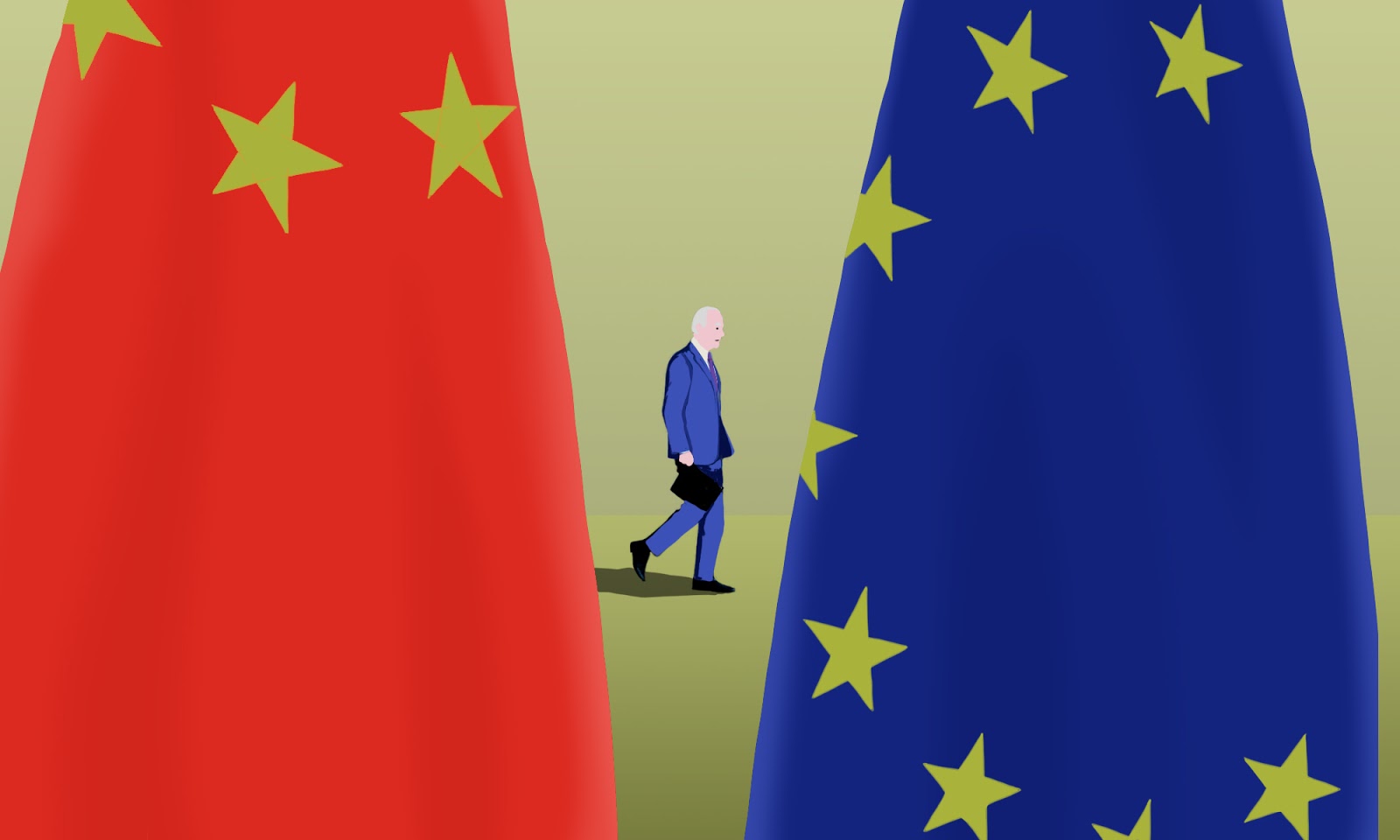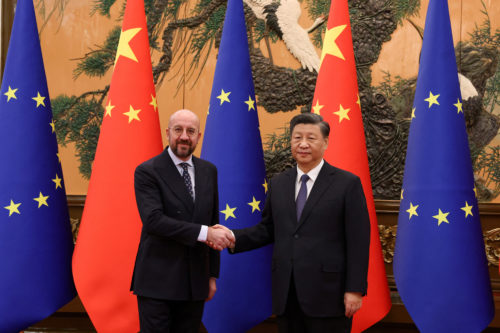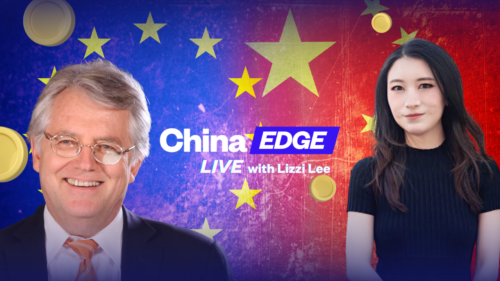Did the EU rush into the China investment deal before the 2020 deadline?
The EU signed its Comprehensive Agreement on Investment with China just before a year-end deadline, gaining what the European Council called an "unprecedented level of market access." But was China the real winner of the deal?

At the very end of 2020, just before a year-end deadline, China and the European Union signed the Comprehensive Agreement on Investment, after long-running negotiations.
The aim of the deal is greater mutual access to each other’s markets, but it also includes commitments to future behavior: Beijing has promised to make “sustained efforts” to ratify international conventions against forced labor (click here for details on how Beijing is currently non-compliant).
What’s in it for the EU?
In a useful summary titled “Five things to know about the new China-EU investment agreement, Caixin notes:
“China has committed to an unprecedented level of market access for EU investors, giving European businesses certainty and predictability for their operations,” the European Council said in a release.
In Beijing, President Xí Jìnpíng 习近平 said the accord shows China’s determination and confidence in advancing high-level opening-up and will make significant contributions to the building of an open world economy…
Why critics say it’s a terrible deal
In an op-ed titled ‘Europe has handed China a strategic victory,’ Gideon Rachman argues, “This is the wrong time for the EU to agree an investment treaty with Beijing”:
Over the past year, China has crushed the freedom of Hong Kong, intensified oppression in Xinjiang, killed Indian troops, threatened Taiwan and sanctioned Australia. By signing a deal with China nonetheless, the EU has signalled that it doesn’t care about all that. As Janka Oertel, director of the Asia programme at the European Council on Foreign Relations think-tank, puts it: “This is a massive diplomatic win for China.”
Steven Lee Myers of the New York Times seems to agree: “The agreement amounted to a rebuke of American efforts to isolate China,” while Beijing “had to make only modest concessions to overcome increasingly vocal concerns about China’s harshest policies, including the crackdown on Hong Kong and the mass detentions and forced labor of Uyghurs in Xinjiang.”





